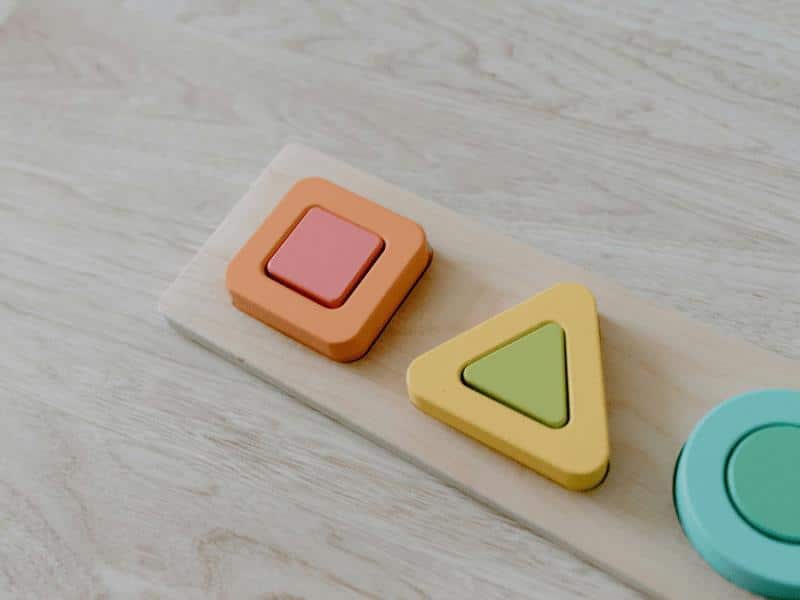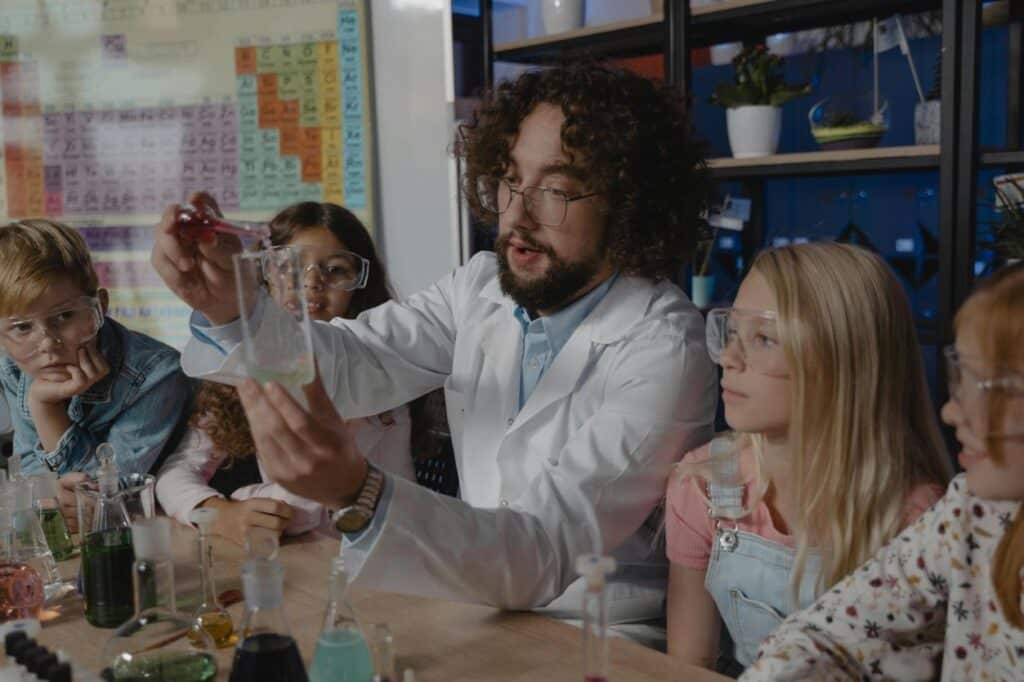
Addressing the Science Literacy Crisis in Australian Schools: How the Shichida Primary School Program is Making a Difference
Recent reports have highlighted a concerning trend in Australian education. Nearly half of Year 10 students are failing to reach proficiency standards in science literacy. According to an article published by The Age on May 29, 2024, almost half of Australian year 10 students are not meeting expected science literacy benchmarks. Similar issues have been observed among primary school students. This stagnation in science education has persisted over the past two decades. This trend is raising alarms about the future capabilities of our students in a world increasingly driven by science and technology.
The Current State of Science Education in Australia
Science Proficiency Benchmark Concerns
The recent National Assessment Program report on science literacy paints a bleak picture of the state of science education in Australia. Alarmingly, only 57% of Year 6 students are meeting the science proficiency benchmark. This indicates that nearly half of the students in this critical year are not acquiring the essential science knowledge and skills expected of them. This statistic highlights a systemic issue in how science is being taught and absorbed in primary education.
Inconsistent Science Instruction
Moreover, about a third of final-year primary students do not receive weekly science lessons. This lack of consistent science instruction is troubling. It deprives students of regular exposure to scientific concepts and critical thinking exercises. In Victoria, 14% of students reported that they never participated in science lessons, underscoring a severe gap in the curriculum.
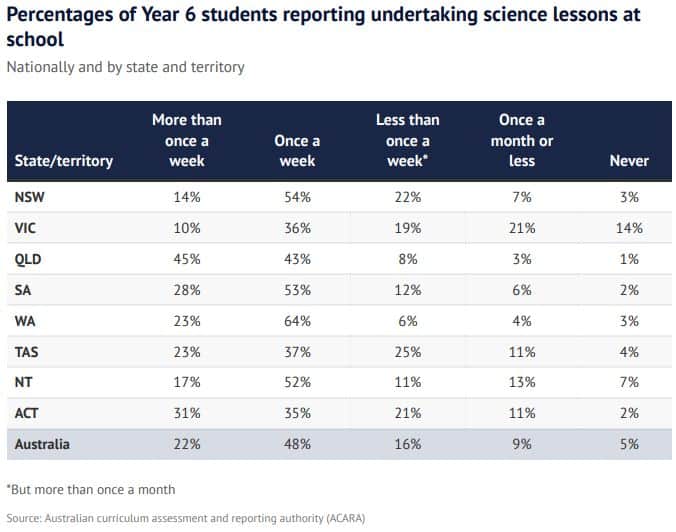
Curriculum Shortcomings
Ben Jensen’s study emphasized that Australia’s current science curriculum is setting students up for failure compared to the world’s top-performing countries. Despite significant investments in STEM education, these efforts are not translating into tangible improvements in primary and lower secondary science education. The latest Program for International Student Assessment (PISA) results show only a slight improvement in Australia’s decade-long decline in science results, indicating that current strategies are not effective enough.
Lack of Hands-On Learning
Additionally, the lack of hands-on science learning opportunities in primary schools further exacerbates the problem. Without practical and engaging science lessons, students are less likely to develop a genuine interest in the subject, affecting their long-term performance and attitudes toward science.
The Importance of Early Science Education
Early science education is crucial for promoting curiosity, critical thinking, and problem-solving skills in children. Engaging students in science from a young age helps them develop a lifelong interest in the subject and builds a strong foundation for future learning. Without consistent and effective science instruction, students may miss out on developing essential skills that are vital in today’s technological world as a result.
Introducing the Shichida Primary School Program
The Shichida Primary School program offers a comprehensive solution to the science literacy crisis. At Shichida, we believe that early education should be engaging, hands-on, and tailored to the developmental stages of each child. Our program incorporates the Shichida Method. This approach emphasises whole-brain training and balances age specific activities aimed at maximising every child’s cognitive, physical, and social potential.
How Shichida Addresses the Issue
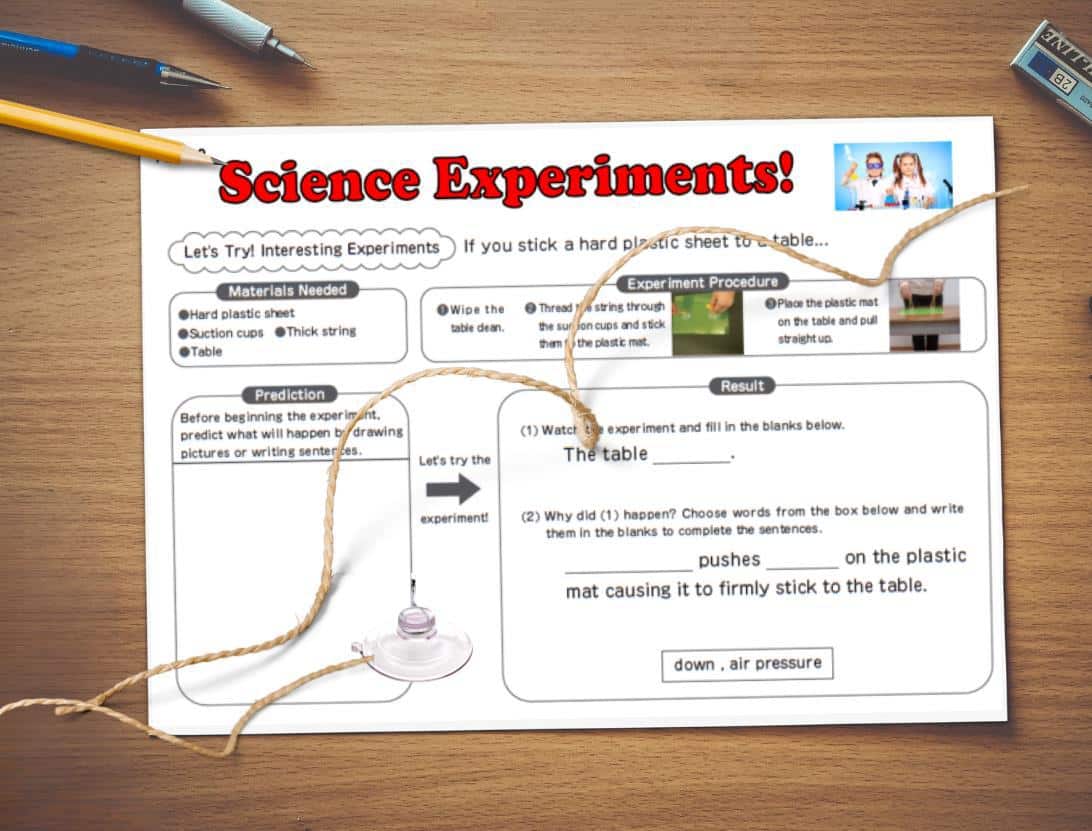
The Shichida Primary School Program promotes an interest and understanding of STEM and includes hands-on science experiences for young learners.
Engaging Science Lessons:
Our Primary School curriculum includes regular, hands-on science lessons that attract students’ interest and encourage active participation. By incorporating experiments, interactive activities, and real-world applications, we make science fun and accessible.
Discovery and Exploration:
A key part of our science curriculum is the “Discovery” activity, where students explore intriguing questions about life, science, and nature. Together, we investigate these questions, learning the how and why behind everyday phenomena, which promotes curiosity and a deeper understanding of science and the natural world.
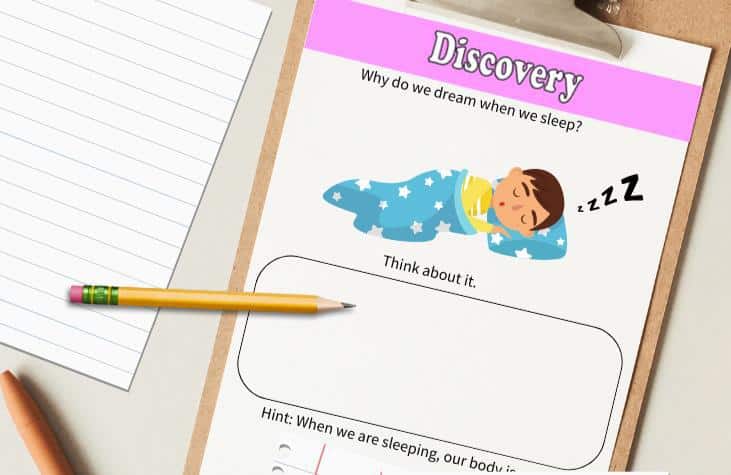
By encouraging children to think and write about the “why” behind their observations, Shichida creates an active learning environment that embeds topics deeply.
Scientific Concepts:
Our approach to science promotes independent thinking, voluntary learning, and creativity. By encouraging children to think and write about the “why” behind their observations, we create an active learning environment that deeply embeds topics. This method supports independence, problem-solving skills, and provides a firm foundation for further study, optimising children’s natural curiosity and leading to a lasting understanding of scientific concepts.
Whole Brain Training:
The Shichida Method stimulates both the right and left hemispheres of the brain. Consequently enhancing creativity, logical reasoning, and problem-solving abilities. This balanced approach ensures that students develop a well-rounded skill set that supports their understanding of scientific concepts.
Focus on Early Development:
By starting science and math education early, we lay a strong foundation for lifelong learning. Hence, our program begins with basic recognition and gradually progresses to more complex concepts, ensuring that students build a deep and lasting understanding of science and mathematics.
Parental Involvement:
We encourage parents to be actively involved in their child’s education. By providing resources and support for at home learning, we help parents reinforce critical thinking, math and scientific concepts, thus promoting a love for learning beyond the classroom.
Pressure-Free Learning:
Our program offers pressure-free learning using engaging and fun activities. These include not only science but also history, debating, speed reading, advanced mental math, and much more. This holistic approach ensures that children enjoy learning and as a result, develop a wide range of skills and interests.
Enrolment Requirements
It’s important to note that the cut-off age for enrolment at Shichida Australia is 4.5 years old. Therefore, only children enrolled before this age may continue to the Primary School Program. This early start is crucial for maximising the benefits of our comprehensive and developmentally appropriate curriculum.
A need for early science education
The science literacy crisis in Australian schools highlights the need for a comprehensive and engaging approach to early science education. The Shichida Primary School program offers a proven solution that not only addresses the current deficiencies in science teaching but also sets students up for success in their future academic and professional endeavours. Shichida is making a significant impact on the way science is taught and learned by focusing on hands-on learning, whole-brain training, and pressure-free learning.
Consider enrolling your child in the Shichida program to give them the best start in their scientific journey. Ensure they are prepared for the challenges and opportunities of the future!
To learn more about the Shichida Primary School Program you can download our guide here

